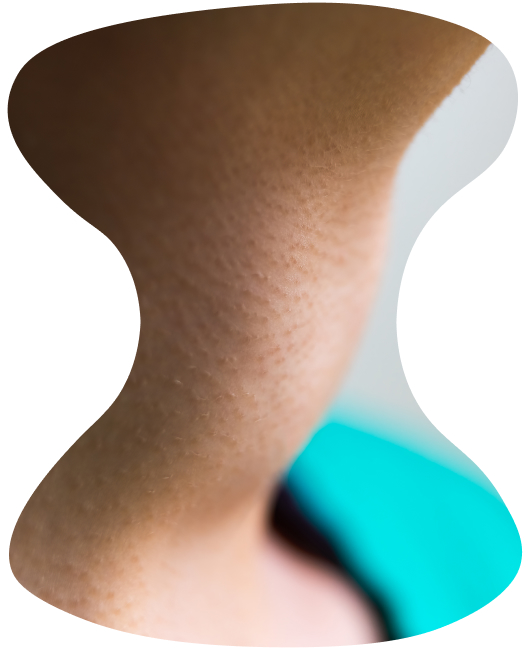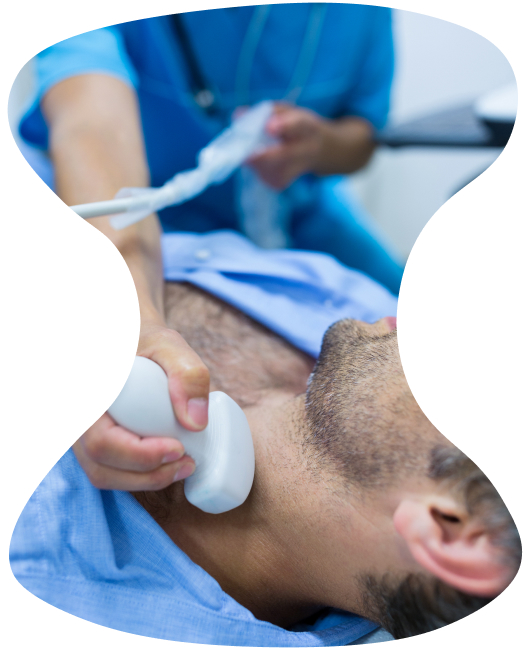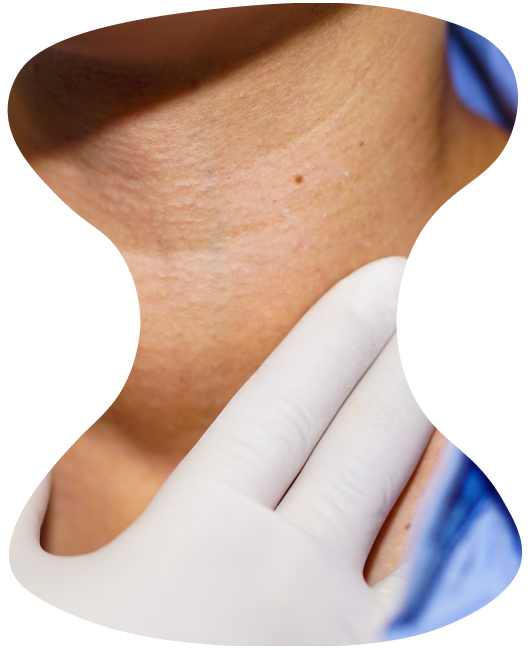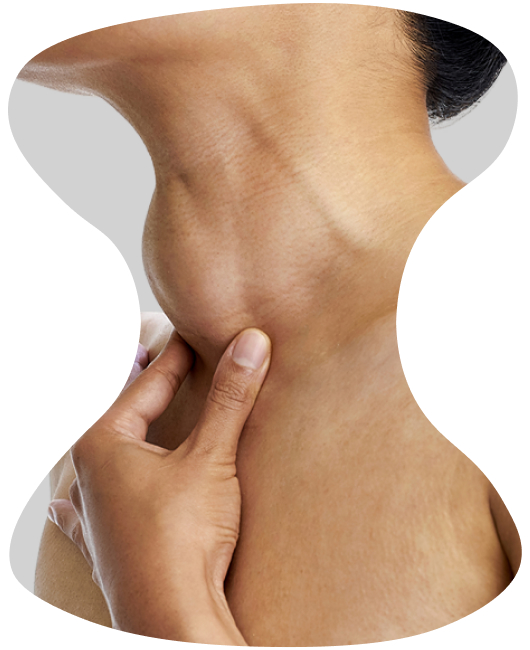Menu

Thyroid issues can often be difficult to identify, as their symptoms frequently mimic those of other medical conditions. If diagnostic tests indicate a thyroid disorder, your primary care physician might refer you to an endocrinologist—Dr.S. Ramkumar, a specialist in hormonal health. The goal of thyroid treatment is to normalise thyroid function and relieve symptoms.
Treatment options vary depending on the specific disorder and can include anti-thyroid medications, hormone replacement therapy, surgical interventions, or radioactive iodine therapy. At Chennai Thyroid Clinic, we craft personalised treatment plans to reflect your unique thyroid conditions, health, and medical history, ensuring thorough and effective care to optimise your thyroid health.
Hypothyroidism is characterised by an underactive thyroid gland, which fails to produce adequate hormones. Treatment strategies are tailored according to individual symptoms, overall health, severity of the condition, and age.
To enhance metabolism, physicians typically prescribe thyroid hormone medications, fine-tuning the dosage until hormone levels stabilise. Commonly used treatments include:


There are multiple treatment options for hyperthyroidism, tailored to the patient's health, age, underlying causes, and severity of the condition:






